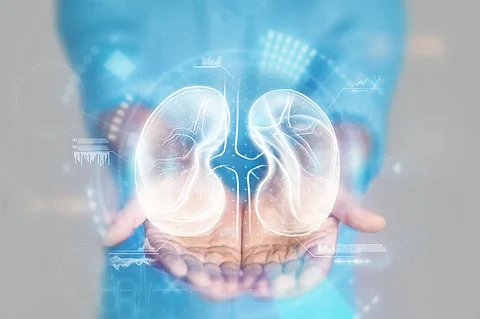
- NEWS
- the EDIT
- COMMENTARY
- BUSINESS
- LIFE
- SHOW
- ACTION
- GLOBAL GOALS
- SNAPS
- DYARYO TIRADA
- MORE

Incorporating artificial intelligence (AI) into the healthcare sector, particularly in nephrology, is still a work in progress. However, a nephrologist shared that AI is currently undergoing trials in other countries.
Dr. Maria Rhodora de Lara-Valenzona, a nephrologist, stated that in the Philippines, the test is still not available, noting that it remains limited and “pricey.” However, she highlighted that in other countries, the test is already being trialed.
“We don’t have the AI tools yet, however in other countries, genetic tests are being done to check the kidney-related diseases that can get inherited.”
The nephrologist added that the genetic test can help to determine if an individual can obtain the same kidney disease, from a family relative.
In other healthcare fields, artificial technology is being used, especially in the early detection of breast cancer.
An organization focusing on breast cancer shared that AI detects early signs of breast cancer better, rather than mammograms.
Rise of CKD in the PHL
In her brief lecture, she highlighted that Chronic Kidney Disease (CKD) can be inherited genetically.
She further emphasized that individuals with a family history of CKD should undergo regular medical check-ups, even in the absence of symptoms.
According to data from the Philippine Statistics Authority, diseases of the genitourinary system ranked as the tenth leading cause of death in the Philippines in 2023.
The Cleveland Clinic defined Chronic Kidney Disease as a stage where the kidneys are not working well, and that it worsens over time.
Among the symptoms of kidney disease are having foamy urine, loss of appetite, and weight loss, while the advanced cases of CKD include vomiting, trouble concentrating, and shortness of breath.
